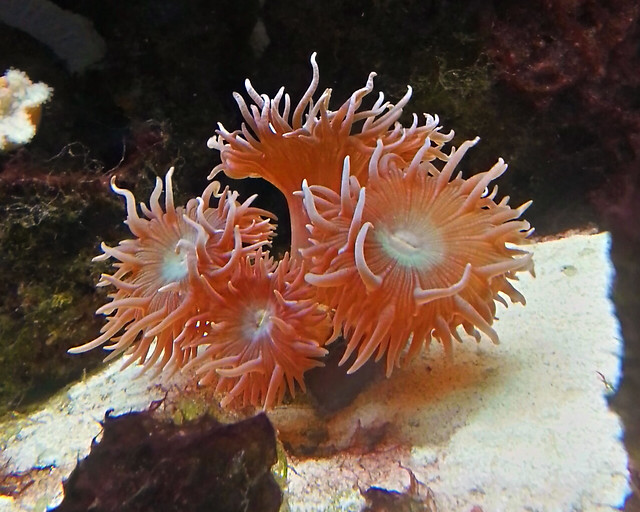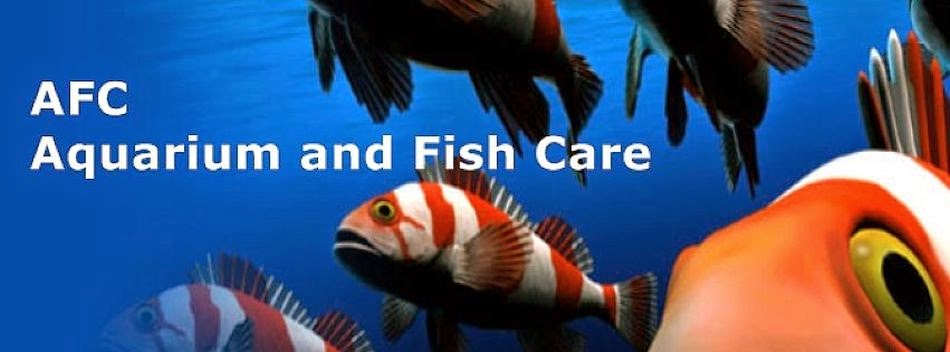 |
| Photo by KAZVorpal |
Beginners that are just starting a saltwater aquarium are not advised to attempt a reef aquarium. Start with a fish only aquarium and become familiar first, once you have mastered that you will be ready to add one of the hardier breeds of coral to your tank.
Before running out and purchasing coral reef, bear in mind that you are not adding an elaborate rock to your tank. Polyps are a tiny invertebrate. These polyps work together to form the limestone structures we know as coral reefs. Before you add the reef to your saltwater aquarium you must remember that the life of these polyps depends on your ability to provide them with the proper food, lighting, and water.
Having good water is especially important if you want your coral reef to survive. An abrupt change in your water can cause the polyps to go into a state of shock, this will cause your reef to become discolored.Your aquarium must be filled with clear water which will allow the coral reef to get the full benefit of your lighting. Coral requires a strong water current, outfit your tank with a filter that circulates the water throughout your entire tank. Avoid a linear current.
When you have decided on a variety of coral for your coral saltwater aquarium do some research on the lighting. Some corals have special lighting requirements.
Remember that coral, like all living organisms, requires you to feed them. For a long time, it was believed that coral reefs needed only minimal feeding. This belief was triggered by the belief that coral reefs were nutrient poor. People assumed that the reefs used photosynthesis to feed. The reality is that most coral needs to be fed, at a minimum, weekly (every two to three days is recommended). Most coral needs to be fed food that has to be frozen or refrigerated.
Throw away any food that has been open for over five months, it becomes stale. You may want to consider purchasing a liquid or bottled food for your corral. The size of the polyps in your coral reef will tell you a great deal about their food requirements. If you have large fleshy looking polyps you will be able to feed them large pieces of food, minced meat, and large zooplankton. If you have a coral reef that is made up of tiny polyps you have to remember that they can't digest the large pieces of food, these polyps will starve to death in an aquarium that is full of food that is too large for it to digest.
If you have done your homework and are patient and diligent you will be able to enjoy a very successful and beautiful coral saltwater aquarium.

No comments:
Post a Comment